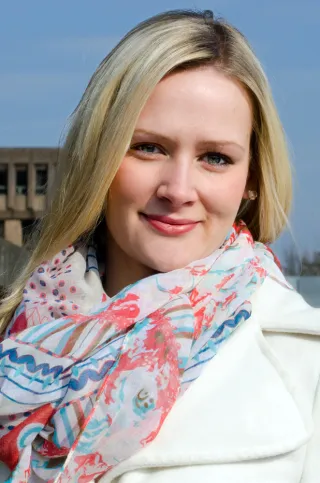Bachelor 2 subject
Management and Economics, focus Management, Bachelor 2 subject
- What kind of goods should enterprises manufacture and what should the selling price be?
- How does one coordinate team work among thousands of employees in large corporations?
- Which kind of data do executive staff require to identify and solve problems quickly?
- If an enterprise wishes to build a new plant, where does the money come from: selling shares at the stock market, bank loan, or…?
- How can enterprises protect their products against counterfeiting?
Profile |
|
|
Degree
|
Bachelor of Arts
|
|
Start
|
Winter- and summer semester
|
|
Duration
|
6 semesters
|
|
Classroom language
|
German
|
|
Admission
|
Restricted
|
2-Subject Bachelor Programme |
| This degree programme requires a second subject for which advanced knowledge of German language is mandatory. |
rub


